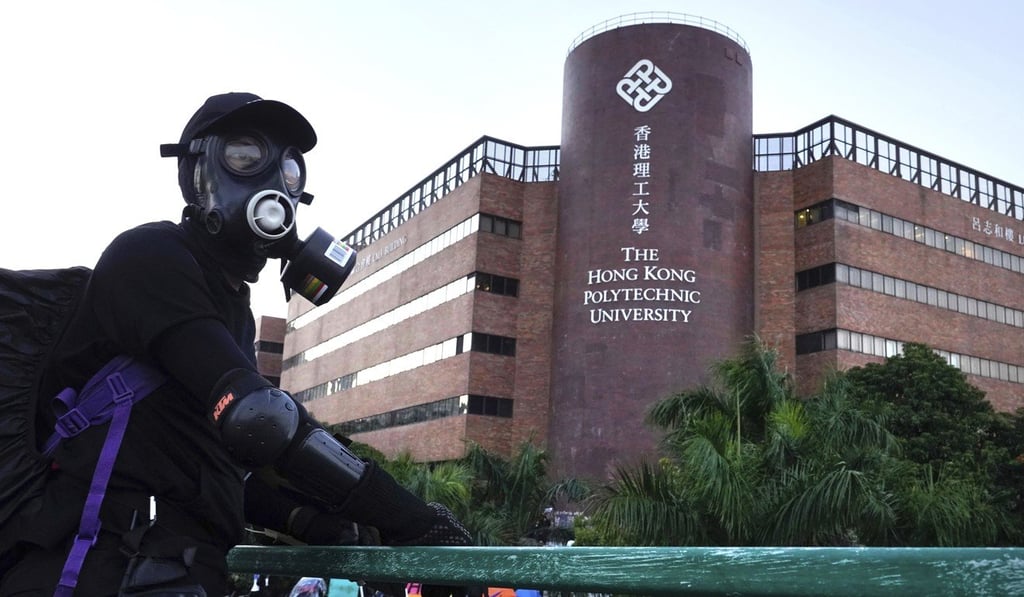Hong Kong school principals’ leader wants amnesty for protest-related arrests, on both sides
- Chairman of Hong Kong Association of the Heads of Secondary Schools helped convince 300 underage protesters to leave besieged Polytechnic University campus
- Teddy Tang said incident made him realise that finding common ground was essential to solving political crisis

The chairman of one of Hong Kong’s biggest head teachers’ associations, who helped secure the release of underage students during the 13-day police siege at Polytechnic University last month, has urged the government to consider a blanket amnesty for anyone facing prosecution over protests, regardless of their support for or opposition to the movement.
Teddy Tang Chun-keung, a secondary-school principal of more than 25 years, told the Post the experience at the Hung Hom campus had left him heartbroken, and made him see the importance of finding common ground to resolve the ongoing political crisis.
“We have seen people from both sides of the political divide breaking the law since protests erupted. When we talk about [an amnesty] and a pardon, it’s not targeting just one side,” Tang said, referring also to the arrests of some pro-government supporters who clashed with protesters, or even police officers being accused of using excessive force.
He was among those who liaised with police and led more than 100 principals, teachers and social workers to PolyU, where they eventually persuaded 300 underage students to leave the cordoned site safely, after securing a deal with officers that minors would not be arrested immediately.

It has been one month since police first surrounded PolyU on November 17, declaring the unrest a riot after protesters blocked roads and set fires nearby, which led to violent clashes between radicals and police.